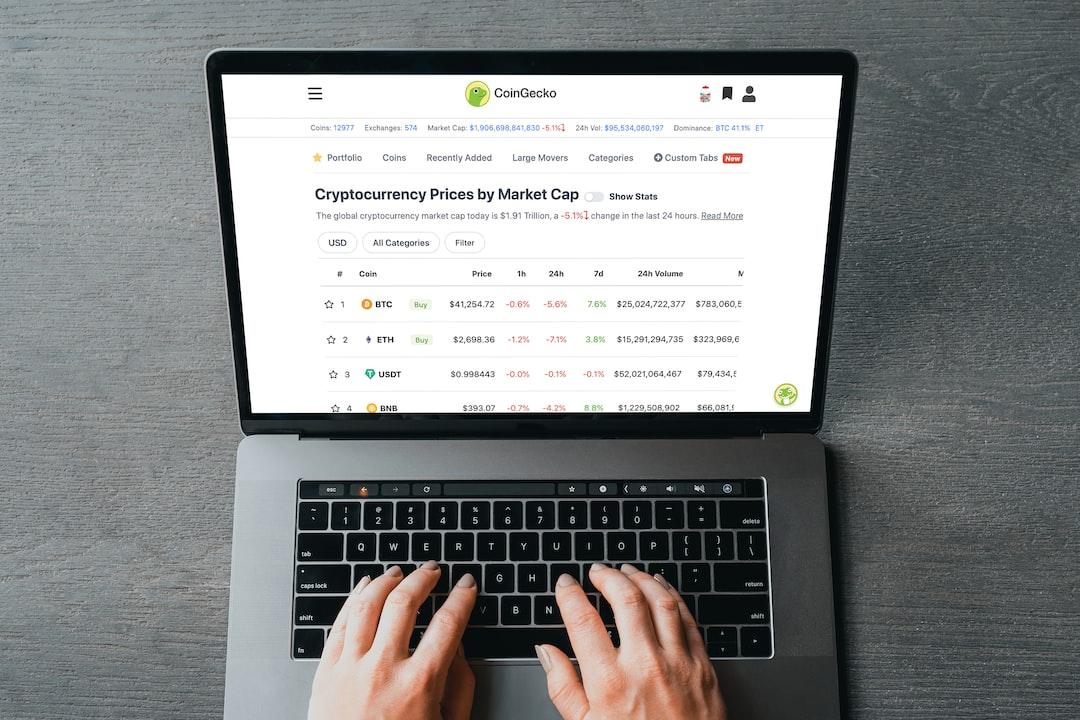Recent rumors circulating on social media claiming Denmark’s imminent prohibition of Bitcoin wallets are unfounded, according to the Danish Financial Supervisory Authority (DFSA). Tobias Thygesen, DFSA’s director for fintech, payments services, and governance, clarified that there are no plans to outlaw self-custodial cryptocurrency wallets, also known as non-custodial wallets.
Thygesen addressed the misinformation, emphasizing that self-custodial wallets fall outside the scope of the Markets in Crypto-Assets (MiCA) Regulation, which came into effect on June 30. The regulation specifically exempts crypto asset services that operate in a fully decentralized manner, without intermediaries.
The DFSA’s assessment, published on June 25, outlines principles aimed at addressing regulatory challenges associated with decentralized crypto asset services. According to Thygesen, MiCA regulates activities such as crypto custody and trading, provided they involve intermediaries or centralized control.
Regarding concerns raised by Mikko Ohtamaa, co-founder of Trading Strategy, Thygesen clarified that the DFSA’s intention is not to curtail the availability of self-custodial wallets in Denmark. Ohtamaa had misinterpreted the DFSA’s assessment, believing it aimed at restricting these wallets, which Thygesen confirmed is not the case.
Self-custodial wallets allow users to store cryptocurrencies like Bitcoin directly, without relying on third-party intermediaries. Users maintain full control over their crypto assets and are responsible for the security of their private keys. Unlike custodial wallets, self-custodial wallets typically do not require Know Your Customer (KYC) procedures, relying solely on private keys for ownership verification.
These wallets come in various forms, including software-based wallets like MetaMask and hardware wallets such as Ledger or Trezor. Despite their exemption from MiCA, some software wallets integrate interfaces with fully decentralized services. Thygesen noted that such integrations could potentially subject these services to MiCA regulation if they involve centralized elements.
In conclusion, the DFSA’s clarification aims to foster understanding of regulatory boundaries without impeding the availability of self-custodial wallets in Denmark’s cryptocurrency ecosystem.

